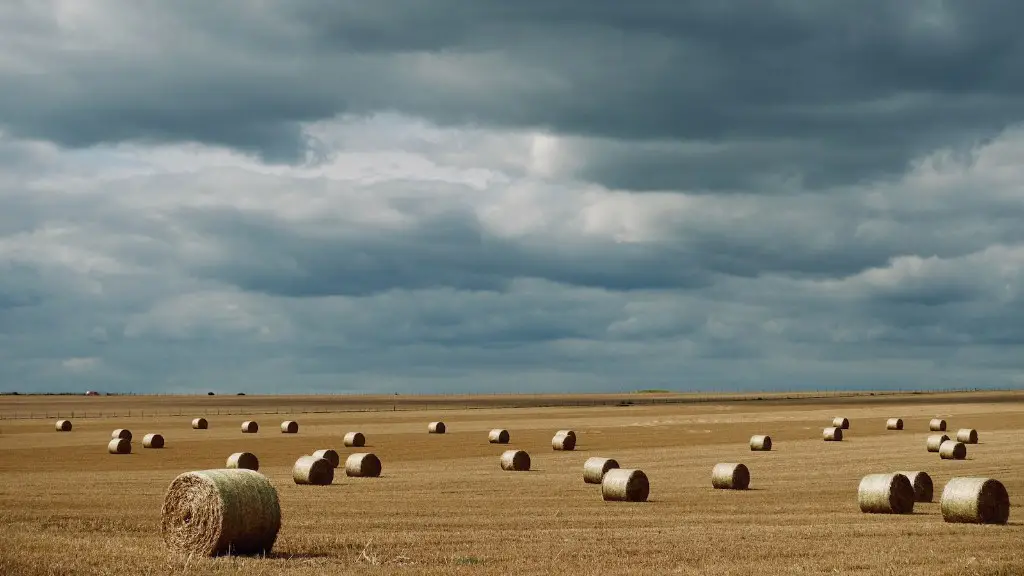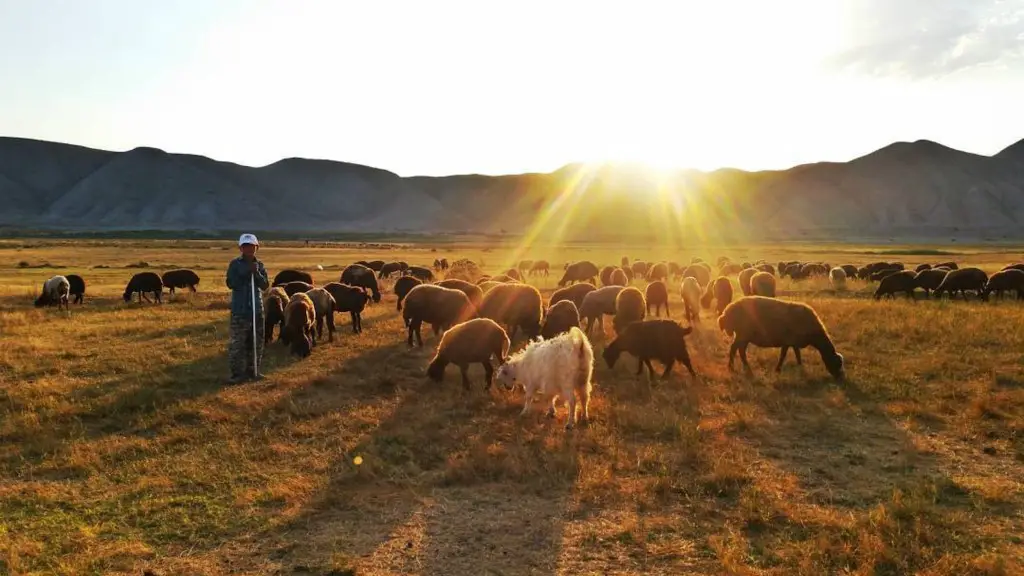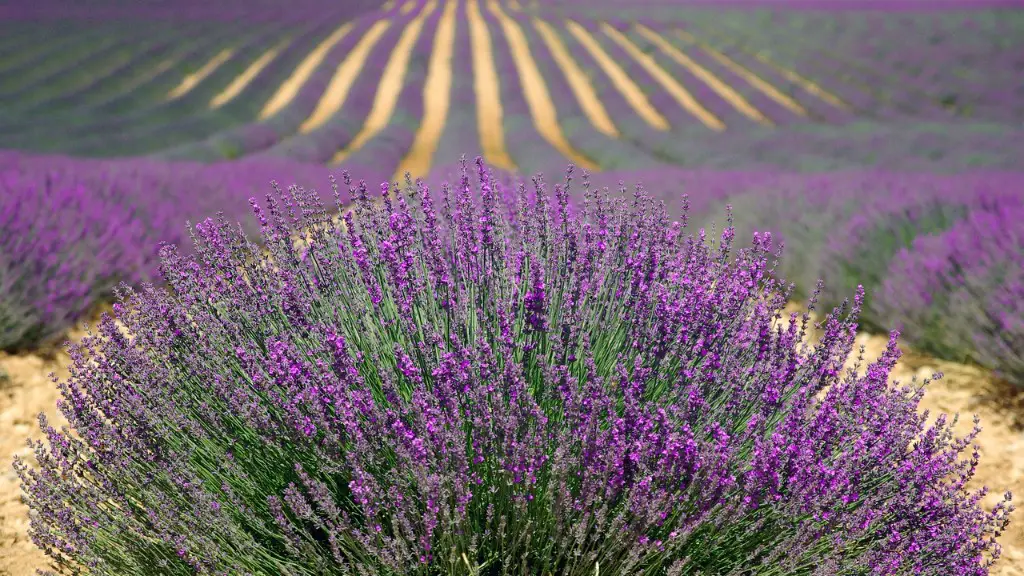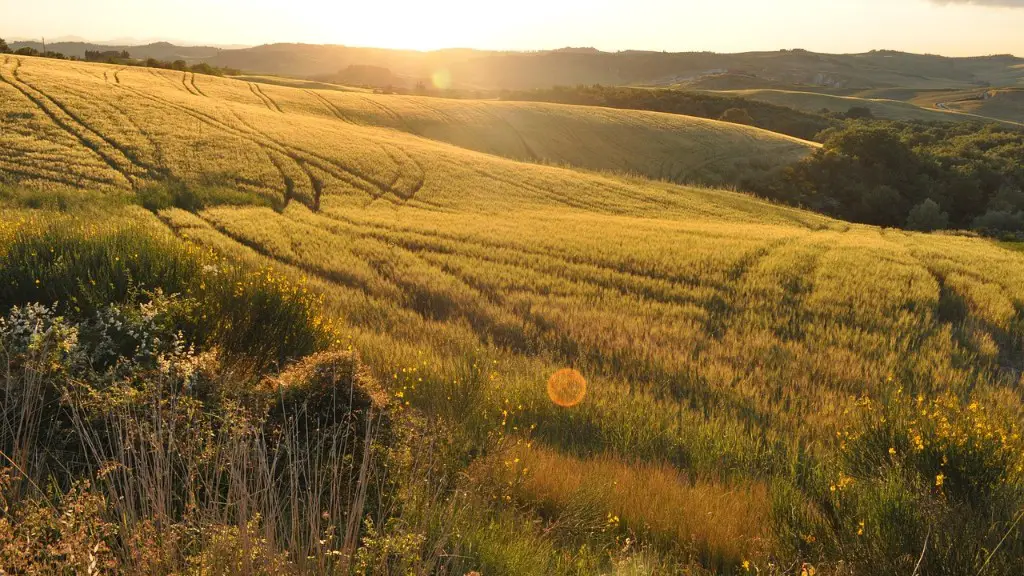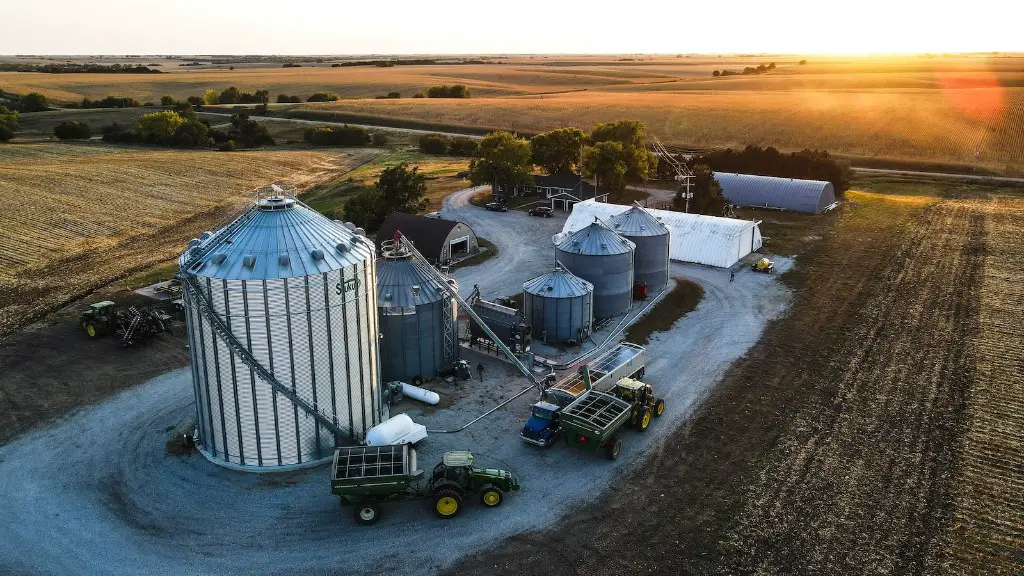The global pattern of agriculture and agribusiness is one of great diversity. Farmers and agribusinesses operate in all parts of the world, in a wide range of climate zones, and with a variety of production systems. This diversity is reflected in the different types of crops grown, the livestock raised, and the products and services provided by the agribusiness sector.
There is no one answer to this question as the global pattern of agriculture and agribusiness varies greatly depending on the region. However, some general trends that can be observed include the increasing mechanization and commercialization of agriculture, as well as the growing trend of large-scale farms. Additionally, agribusinesses are often now global in scope, with companies operating in multiple countries in order to maximize profits.
What is global agriculture?
Agricultural economics is a field of economics that focuses on the application of management and scientific principles to the problems of global food production and distribution, and to the study of the agricultural systems of other countries. Agricultural economics is a branch of economics that deals with the production, distribution, and consumption of agricultural goods and services.
The agriculture industry is expected to grow by $188 billion worldwide between now and 2031. Identify opportunities for growth within this industry by sector, geography, and type of product.
How is agriculture involved in the global economy
Agriculture is the backbone of many societies and has a huge impact on how those societies function. Agriculture provides food for people to eat, habitat for animals and plants, and jobs for people to do. Agriculture also provides raw materials for many products that we use in our everyday lives. Lastly, agriculture is a huge part of many economies and helps to build strong trade relationships between different countries.
The FAO estimates that the gross value of global agricultural production is just over $5 trillion. The World Bank estimates that agricultural value-added is about $32 trillion. This page provides information on the economic costs of food system problems.
What is globalization in agribusiness?
Globalization can have a positive impact on food security by increasing net income and reducing poverty levels. This can be achieved through the increased movement of finance, inputs, output, information, and science across vast geographic areas. By increasing net income, globalization can help to improve access to food and nutrition, as well as increase the availability of food. Additionally, by reducing poverty levels, globalization can help to improve food security by providing people with greater access to resources and opportunities.
The Agricultural Business program at ABC University is specifically designed to meet the needs of students interested in studying the business aspects of agriculture in the domestic and global economy. Students in the program learn to analyze and manage issues involved in food manufacturing, input and output supply activities, commodity trading and food distribution. The program provides students with the skills and knowledge they need to be successful in a career in the agricultural business industry.
How big is agribusiness in the US?
The agriculture and food industries play a vital role in the US economy, contributing a significant share of the country’s gross domestic product. In 2021, these industries contributed approximately $1264 trillion to US GDP, accounting for 54 percent of the total. The output of America’s farms alone contributed $1647 billion to this total, representing around 07 percent of US GDP. These industries are critical to the wellbeing of the US economy and will continue to play a vital role in its future.
Cargill is the leading agricultural products company in the world (by revenue). The company reported revenues of $114,600 million for the fiscal year ended June 2021 (FY2021). Cargill has a long history of providing quality products and services to its customers. The company has a strong commitment to ethics and compliance, and is a responsible corporate citizen.
What is the #1 agriculture state in the US
Agricultural cash receipts are defined as the total value of products sold by farmers. They exclude proceeds from the sale of livestock, poultry, and their products, as well as dairy products and eggs.In calendar year 2021, the top 10 agriculture-producing States in terms of cash receipts were (in descending order): California, Iowa, Nebraska, Texas, Minnesota, Illinois, Kansas, Indiana, North Carolina, and Wisconsin.
According to the Food and Agriculture Organization of the United Nations (FAO), over 70 percent of the world’s food needs are met by small farmers. Agriculture is the economic sector that employs the most people in the world, and the main source of food and income for many people living in poverty. However, small farmers often lack the resources and knowledge to produce enough food to meet the needs of their communities. In addition, they often do not have the legal rights to the land they farm, and are often displaced by large-scale development projects.
Why is agriculture important globally?
There is no question that agriculture is the world’s largest industry. It employs more than one billion people and generates over $13 trillion dollars worth of food annually. Pasture and cropland occupy around 50 percent of the Earth’s habitable land and provide habitat and food for a multitude of species.
Despite its importance, the future of agriculture is uncertain. Climate change, dwindling resources, and a growing population are just some of the challenges that farmers and ranchers face. It is imperative that we find ways to sustainably produce food so that future generations can enjoy the same bounty that we have.
The globalization of agriculture has produced negative environmental effects in many ways. The use of large tracts of land for mechanized farming, the heavy use of fertilizers and pesticides, the increasing use of fossil fuels, and the use of genetic engineering and GM products have all generated new sources of air and water pollution. Soil erosion and depletion of water resources are also of concern. The negative environmental effects of globalization are often most keenly felt by the rural poor and indigenous people who depend on farming for their livelihoods.
What is global agriculture’s impact on the environment
Livestock agriculture is responsible for a large proportion of global greenhouse gas emissions, most notably methane. In addition, overgrazing is a major problem regarding environmental sustainability. In some places, stretches of forage land are consumed so extensively that grasses are unable to regenerate.
Agriculture is important for many reasons. It is the main source of raw materials for industries, it is important to international trade, it generates a significant portion of a nation’s revenue, and it provides employment for many people. Additionally, agriculture is crucial to a country’s development and can help heal the environment. Finally, agriculture is often closely linked with war, as countries seek to control farmland and resources.
What is the impact of globalization on agribusiness sector?
Globalization can upgrade agribusiness jobs enormously as a development motor in nations with low pay by growing horticulture quicker than homegrown utilization. This would bring more employment and compensation into the rustic areas of these nations, spurring development and helping to alleviate abject destitution.
Trade globalization of agricultural products and inputs refers to the worldwide trade in these products and inputs. It includes the exports and imports of these products and inputs between countries.
What are the 3 major of globalization
Globalization refers to the process of integrating different societies, cultures and economies around the world. There are three main types of globalization: economic, political and cultural.
Economic globalization refers to the integration of international financial markets and the coordination of financial exchange. Political globalization refers to the increasing number of international organizations and treaties between different countries. Cultural globalization refers to the increasing flow of information, ideas and people around the world.
Agribusiness is a booming industry and refers to any business related to farming and farming-related commercial activities. Agribusiness involves all the steps required to send an agricultural good to market, namely production, processing, and distribution. There are many different types of agribusinesses, but they all share one common goal: to get their product to the consumer in the most efficient way possible.
Warp Up
The global pattern of agriculture and agribusiness is one of intense competition and consolidation. A small number of companies control the majority of the world’s agricultural production, processing, and distribution. These companies are driven by the profits they can earn by supplying the world’s growing population with food. They are constantly searching for ways to increase their efficiency and lower their costs. This has led to the development of large-scale, mechanized operations that can produce food more cheaply and in greater quantities than traditional, small-scale farming. It has also led to the consolidation of the agricultural industry, as small farmers are driven out of business by the large companies. This trend is likely to continue in the future, as the world’s population continues to grow and the demand for food increases.
The global pattern of agriculture and agribusiness has changed dramatically over the past few decades. With the advent of industrialization and globalization, the way we grow and consume food has changed. Agricultural production has become more centralized and efficient, while the distribution and consumption of food has become more globalized. The result is that the pattern of agriculture and agribusiness is now more complex, interconnected, and uncertain.

